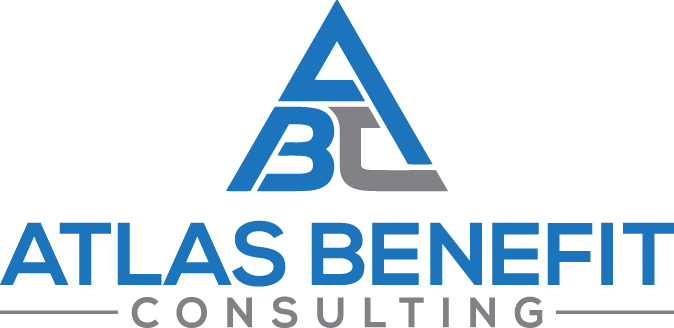In this post, we will briefly explain some of the most common reasons the VA denies claims. Many of these are easy to avoid with awareness and having someone on your team to help you with the process!
Top Reasons for Claim Denial
1. A Lack of Current Disability
Most veterans know they must have a current condition to establish service connection. While it is easier to proceed with a formal diagnosis, the law does not require a formal diagnosis to be eligible for service-connected compensation.
The two things to remember with a condition are: A. It must be related to service, and B. It must affect your functionality and or work/life earning. With that being said, psychiatric disabilities are some that a diagnosis is extremely beneficial to have moving forward.
2. No Proof of In-Service Illness, Event, Injury
If there isn’t proof of an in-service illness, event or injury, veterans can get the testimony and accounts from other service members, friends and family, (often called lay or buddy statements) who have knowledge of the in-service connection OR the impact on functionality and work/life earning potential.
Any medical documentation is extremely beneficial. It’s also good to remember that exposure itself is not a VA disability. Any conditions that occur BECAUSE of exposure are.
3. Missing Medical Nexus
Most medical nexuses come from a C&P exam. Always request a copy of the findings from your C&P exams. If the exam failed to establish a nexus, you can seek a separate, private medical opinion. Lay statements and treatment records can also be submitted as part of, or as additions, to a claim.
4. Lack of Evidence
If you feel a C&P exam didn’t accurately describe your disability or the severity of it on functionality or work/life earning, bring it up to the VA. The VA has a “duty to assist”, meaning they are required to gather information that can help support the veteran’s claim. If they are unable to obtain records after making a reasonable effort, they must notify the veteran that they are responsible for providing the VA with any records.
5. Missed C&P Exam Appt
The VA can deny your claim if you do not attend your scheduled C&P exam appointments.
6. Wrong Form Used
There are separate forms for almost everything with the VA claims/appeals process, and it’s crucial that the correct form(s) are used. A very important form is Form 21-8940, which is the Application for Increased Compensation Based on Individual Unemployment, and is needed for total disability based on individual unemployability (TDIU). If a veteran does not submit this form, it’s not unusual for the VA to deny the claim.
7. Missed Form Deadlines
Deadlines are important when filing or appealing with the VA. A veteran only has one year in which to file a Notice of Disagreement with the VA’s rating. A subsequent unfavorable decision gives the veteran 60 days in which to file a VA Form 9, to appeal to the Board. Read more details on form and appeal deadlines here.
Be a Part of a Team
Getting the correct service-connected disability benefits is not easy or straightforward. It can take time, determination to keep at it, and is oftentimes extremely confusing. This is why we recommend teaming up with someone that understands the process, can help sort through the confusion, and help you get the benefits and rating you deserve as smoothly and as streamlined as possible.
The more you know, the more you realize what benefits and compensation you have earned and deserve from your years of service. Be your own best advocate – use the button below to connect with one of our knowledgeable and helpful team members for a free consultation and screening. We are transparent and will let you know if you are eligible for our services. If not, we’ll help direct you to some other resources.
Click Here for Info on Your Free Consultation
You can take our word for it, but if you need more assurance, don’t hesitate to read through real veteran client reviews!
Our BBB Ratings
